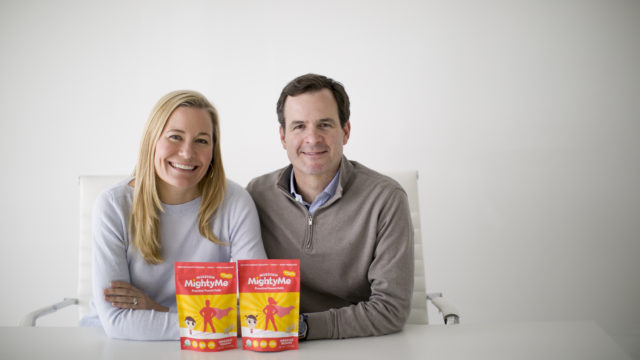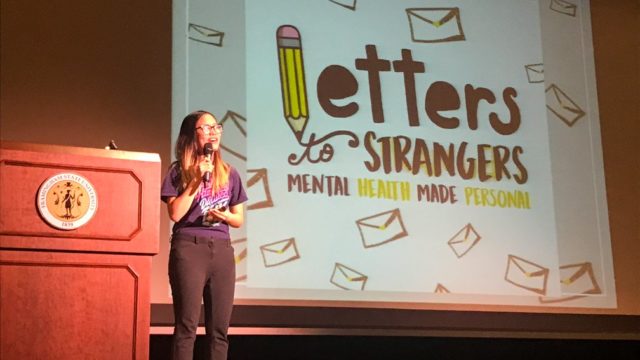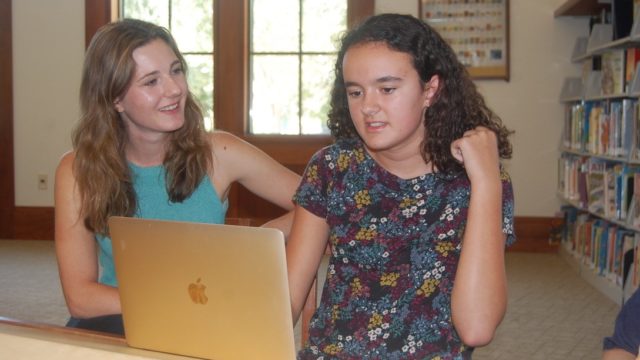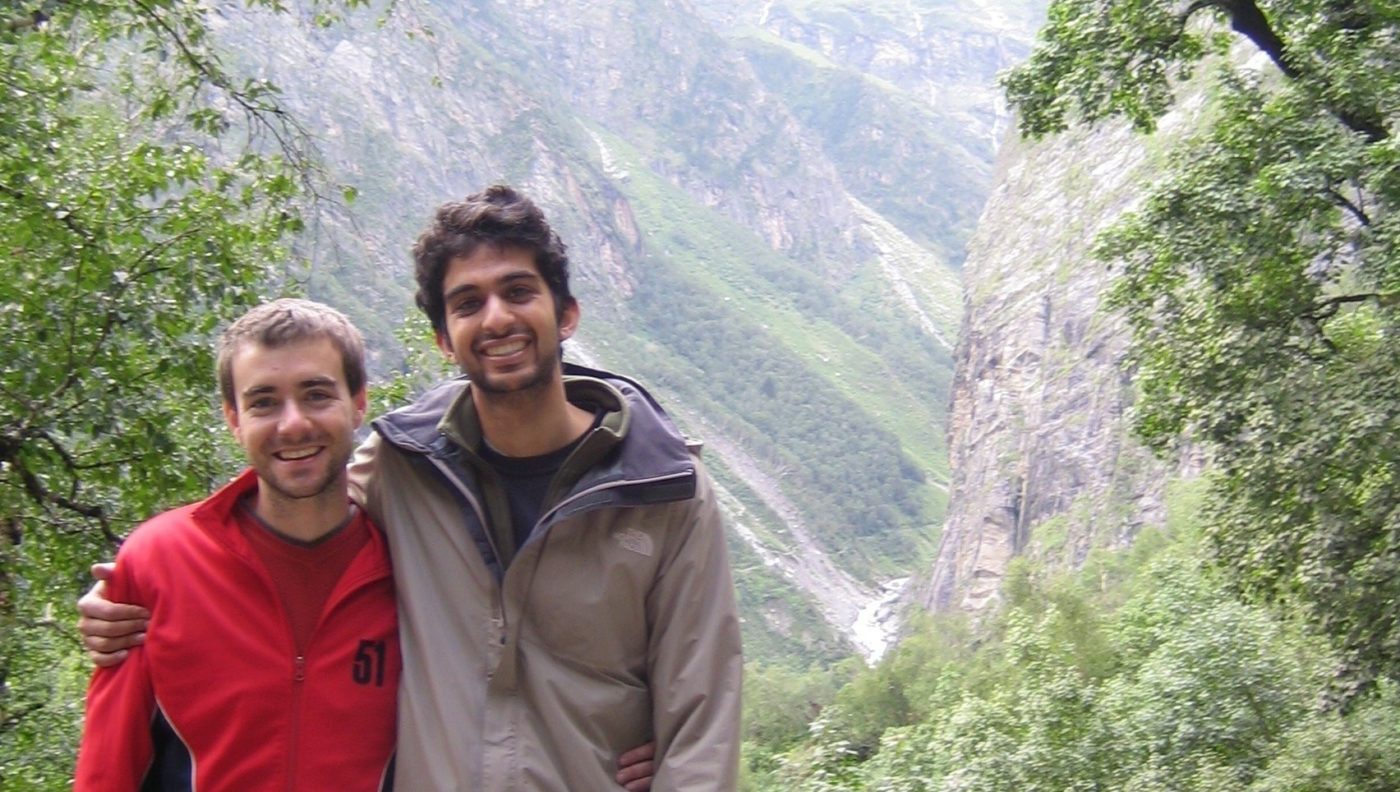
Nathan Sharp and Arjun Suri (2004) Set Out Together to Make a Difference in India
By Cassandra Hansen, 2005 Scholar | Coca-Cola Scholars weekend is a life-changing event for those that attend, but for Arjun Suri and Nathan Sharp (2004), it became so much more.
The pair used the opportunity to begin an endeavor that changed their own lives and undoubtedly will change lives of people across the globe.
And it all started with a bus ride.
During one of the Scholars weekend field trips, the then-teenagers sat together, knowing they were going to the same university after graduation. And they found they had a lot more than Harvard in common.
“We started bonding over very random things,” Arjun, 24, says, “humor and music and television shows.”
The two stayed in touch after Scholars weekend. Halfway through their first year in college, they made a plan to room together for the next three years at Harvard.
“The coolest thing is that Arjun and I stayed friends for so long,” Nathan, 25, says. “I remember returning home from the Coca-Cola Scholars weekend and telling everyone that I thought I had already met the guy that would be my best friend in college. I had no idea how right I was at the time.”
What started at Coca-Cola eventually took the duo to India.
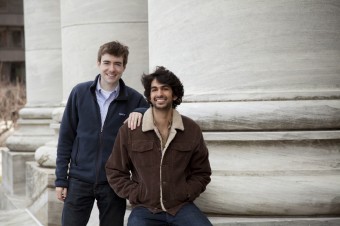 When a professor approached the college seniors about the opportunity to write a grant to the Bill and Melinda Gates Foundation and travel to India to address healthcare accountability and hospital assessment, they knew it was a once-in-a-lifetime opportunity.
When a professor approached the college seniors about the opportunity to write a grant to the Bill and Melinda Gates Foundation and travel to India to address healthcare accountability and hospital assessment, they knew it was a once-in-a-lifetime opportunity.
With a team of about a dozen, they set off to create a more patient-centered approach to healthcare assessment that would enable officials to understand much more than the facilities of a hospital.
“In India, there are a lot of things that prevent patients from going to the hospital that don’t have anything to do with the structure,” Nathan says. “They focus on the corruption, the bribery and the absenteeism on the part of health care providers—issues that fly under the radar of current assessment systems but have real impact on the health of the patient.”
Measuring quality in the healthcare system is hotly debated because it depends on perspective, Arjun says, so the team created a survey of 200 questions that covered all of the things they would need to know and administered it in 10 hospitals and to about 500 patients.
“It was a combination of asking patients how they felt about quality of care as well as going into the hospital and observing,” Arjun says.
The pair wasn’t always welcomed in the hospitals with open arms, however, as patients swarmed in for treatment.
“You’d feel guilty because there are lines at the door,” Nathan says, “so you would gain their trust by waiting all day to talk to a doctor, and then the more we talked to them about our approach the more they were willing to lend us an ear.”
In addition, gathering information was a sensitive issue in a place with such a conservative culture, particularly when it came to maternal health.
Arjun and another teammate, Ravi Raju, both have family in India – but Nathan faced the added challenge of being a stranger to the culture.
“I was just a 22-year-old white guy from Kentucky,” he says, “which clearly set me apart, so I had to go the extra mile to prove that I knew what I was talking about and that I was devoted to improving hospital care better in the region. It took a lot of patience and perseverance, and I was extremely lucky to have the help of Arjun and Ravi.”
That determination paid off, as the group organized town meetings where they invited women to tell their story. In one village, nearly every woman in the area came.
“It was pretty amazing to see them so eager to tell us their story and their problems,” Nathan says. “It was nice to say, ‘we’re working on it,’ but it was frustrating to say, ‘you won’t see the outcome if the government doesn’t adopt our work, and even then, improvement could be far off in the future.’ But it was an amazing connection.”
After nine months in the country, they have created a process for assessment that can be implemented throughout the small hospitals across India. Through their research, the team has developed a cost-effective way to gain a more accurate picture of the care provided to poor mothers and children.
The team presented the plan to local governments as well as officials from the National Rural Health Mission and the National Neonatology Forum of India.
“It’s definitely not the end,” Arjun says. “The end would be if we saw it implemented on a larger scale in India. Potentially, we could see that in a few years.”
In just a short time, Nathan and Arjun have made a difference in India—and, in the process, they have built a solid relationship that will undoubtedly last for many years to come.
Cassandra Hansen (2005) attended the University of Wisconsin-Stevens Point, where she attained a bachelor’s degree in English with an emphasis in business and technical writing. She currently works as a journalist for a locally owned and operated community weekly newspaper in central Wisconsin and teaches Foundations of Writing as an adjunct instructor at a career college.


